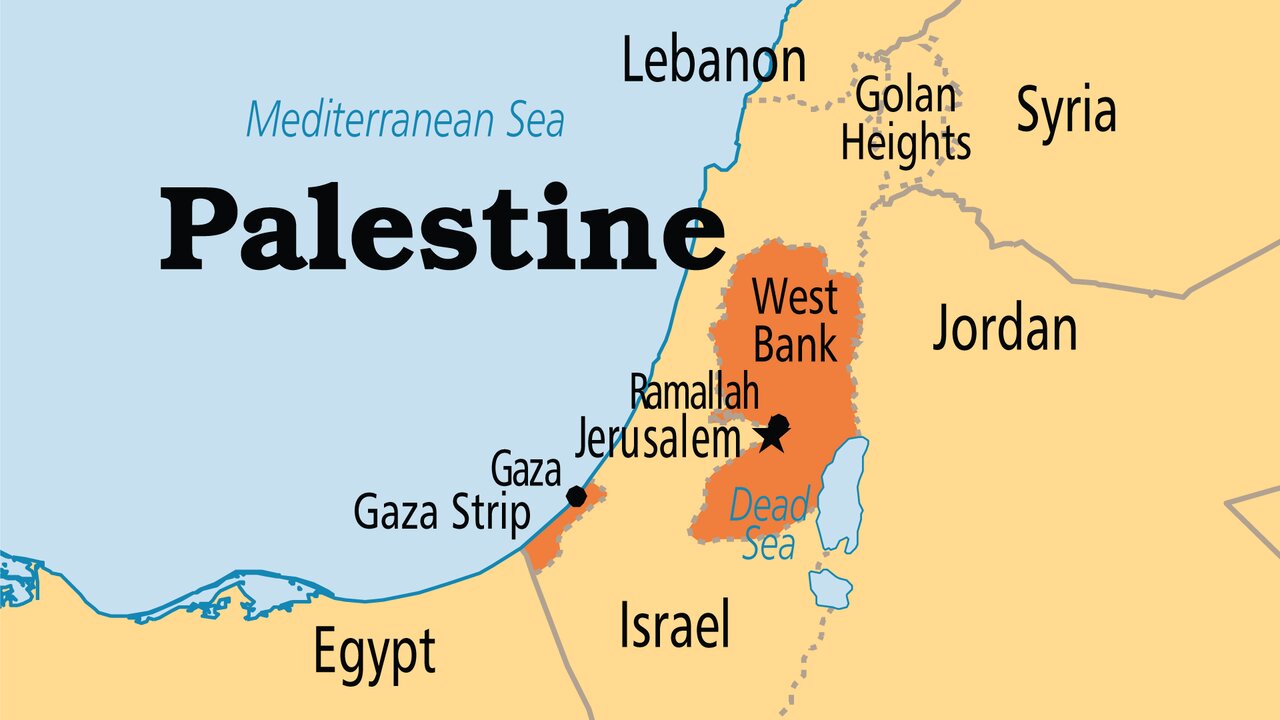Recognizing Palestine within two-state framework can serve as prelude to reclaim Palestinian land

TEHRAN - The question of Palestine is one of the oldest and most complex political conflicts of the modern era—shaping not only the Middle East but also the broader international order for more than seventy years.
This conflict emerged from the collapse of the Ottoman Empire, British colonial rule, the Balfour Declaration of 1917, and ultimately the establishment of the State of Israel in 1948 through occupation and the forced displacement of hundreds of thousands of Palestinians. Since then, despite broad resistance, the Palestinian people remain deprived of their most fundamental right: the right to self-determination.
1. Legal and historical foundations of Palestinian rights
The right of the Palestinian people to an independent homeland is firmly rooted in international law. The UN Charter enshrines the principle of self-determination, while numerous UN resolutions—including Resolution 194 (1948) and Resolution 242 (1967)—call for an end to occupation and the right of return for refugees. Historically, Palestine has always been an Arab and Islamic land, where Muslims, Christians, and Jews coexisted without one group holding exclusive sovereignty. Thus, the legitimacy of Zionist claims rests not on history or law but on force and colonial support.
2. The two-state solution: From a Western concept to a legal tool
The two-state solution was initially proposed by Western powers as a way to end wars in the region while safeguarding Israel’s existence. It envisions two independent states, Israel and Palestine, living side by side within the 1967 borders. In practice, however, Israel has undermined this vision through continued settlement expansion and military occupation. Still, the significance of the idea lies in its recognition of Palestine as a political and legal entity. This recognition, albeit limited, provides a legitimate basis for expanding Palestinian rights and reclaiming occupied lands.
3. Global implications of recognizing Palestine
Granting Palestine recognition as an independent state within international organizations and by individual governments carries several important consequences:
• Undermining Israel’s occupation narrative: Israel has consistently denied Palestinian nationhood. Recognition exposes this denial and places Israel on the defensive.
• Legal empowerment of Palestine: Statehood enables Palestinians to pursue cases against Israel in international courts and invoke global treaties to hold Israel accountable.
• Strengthening Palestine’s diplomatic leverage: As a recognized state, Palestine gains greater bargaining power in negotiations and increased influence in global forums.
• Widening cracks among Israel’s supporters: Recognition of Palestine by European and even some Western states adds political pressure on the U.S. and Israel’s close allies.
4. The Limitations of the Two-State Solution
While recognition of Palestine is a step forward, the two-state framework does not represent full justice. It restricts Palestine to only part of its historical homeland—namely, the West Bank, Gaza, and East Jerusalem—while leaving 1948 lands and the refugee question unresolved. Thus, this framework should not be seen as an endpoint but as a platform from which Palestinians can continue to assert broader claims.
5. A phased approach to the Palestinian struggle
Recognition of Palestine under the two-state framework should be understood as an initial step, not the final goal. Such a phased approach allows Palestinians to benefit from international legitimacy while continuing resistance and demanding the recovery of their full historic rights. In other words, recognition provides a starting point for the movement forward—not a stopping point.
Today, more than 140 countries officially recognize Palestine. This growing global shift reflects changing public opinion and a rethinking of international responsibility. Recognizing Palestine within the two-state framework, despite its inherent limits, can strengthen the legitimacy of the Palestinian struggle and lay the groundwork for reclaiming all occupied lands. Ultimately, the only path to lasting peace and historical justice lies in the full restoration of Palestine to its rightful people. Every step toward recognition and support of Palestine thus represents a prelude to that return.
